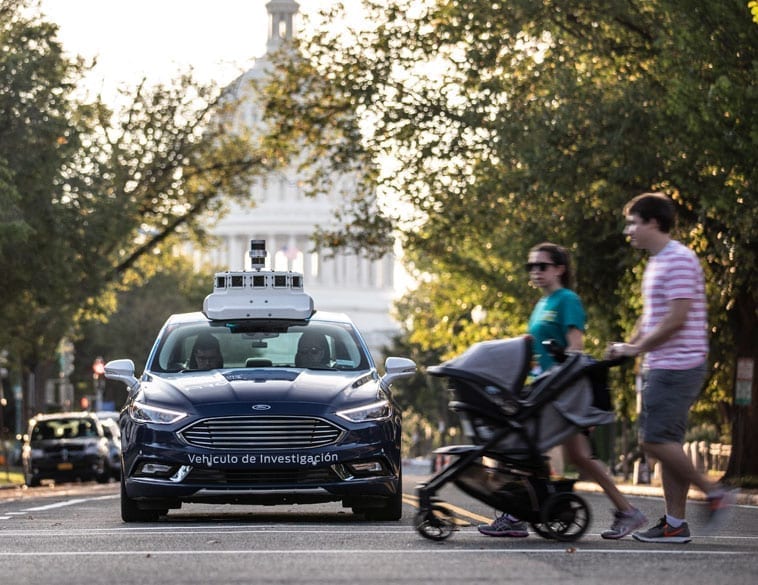New study proves that most consumers won’t be lining up to buy a self-driving vehicle.
According to the J.D. Power 2019 Q4 Mobility Confidence Index Study, fuelled by SurveyMonkey Audience, consumers continue to lack confidence in autonomous vehicles.
The study shows that the current Mobility Confidence Index is 36 (on a 100-point scale) for self-driving vehicles.
“Consumer opinion doesn’t change overnight, especially when it comes to new mobility technologies, but the more consumers are exposed to these technologies, the more the needle might gradually move towards acceptance,” said Kristin Kolodge, executive director of driver interaction & human machine interface research at J.D. Power. “Right now, they simply don’t know enough to fully put their trust in these systems.”
Despite the potential for improvements in traffic safety with self-driving vehicles, most consumers aren’t convinced that a vehicle will always make the right life and death decision. One survey respondent said, “[A vehicle’s] computer can’t be programmed for every possible thing that might be encountered and appropriate action taken.”
Only 11% of survey respondents said they would be “extremely likely” to purchase or lease a self-driving vehicle.
“This data should be alarming to automakers, who have work to do in informing and persuading consumers to accept self-driving vehicles,” says Jon Cohen, chief research officer at SurveyMonkey. “Only 32% of consumers say they know a great deal or a fair amount about self-driving vehicles. And only 18% say they are extremely or very comfortable riding in a self-driving vehicle. The same percentage say they are extremely or very comfortable being on the road with others using self-driving vehicles.”



